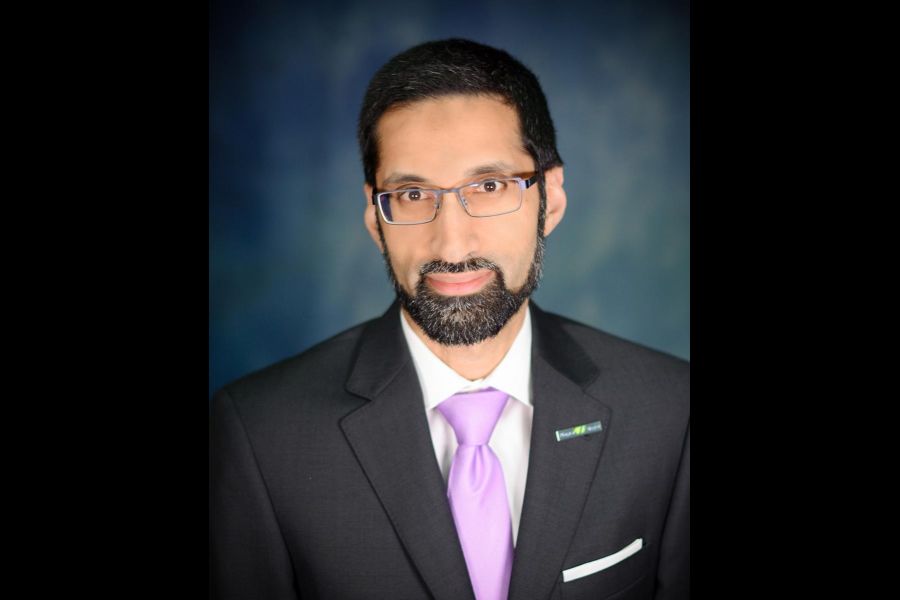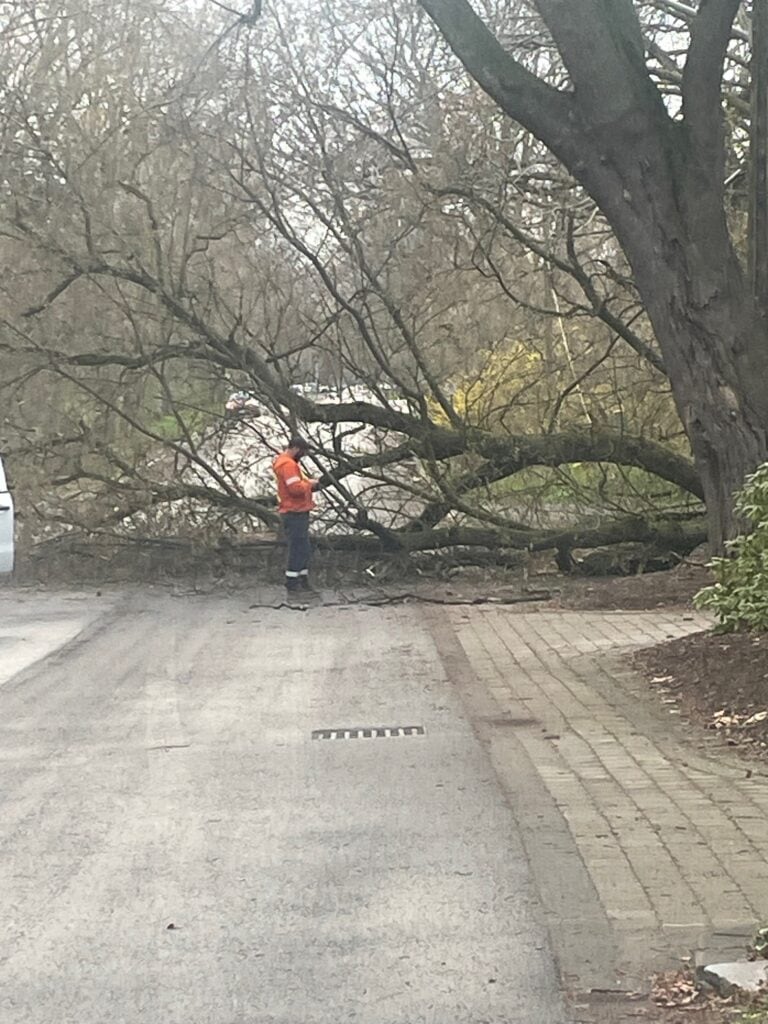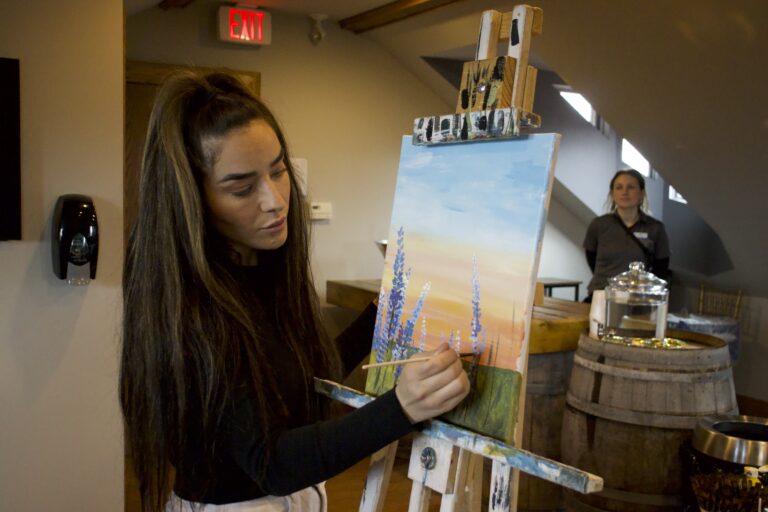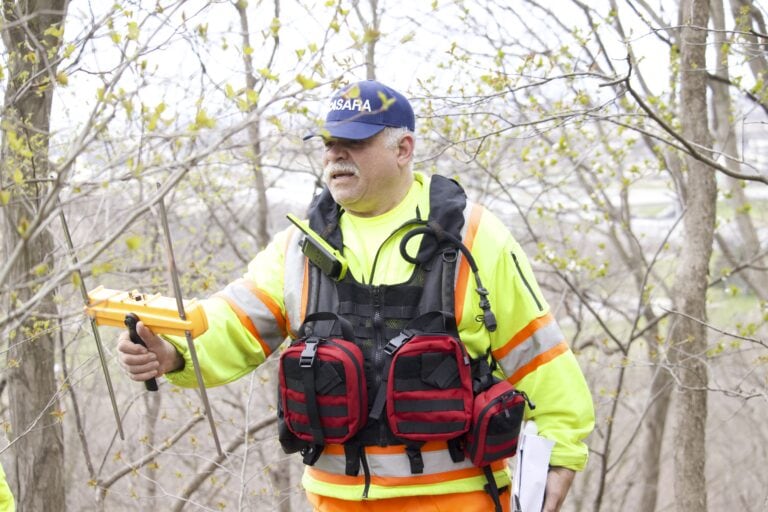With mandatory measures eased, far fewer people are getting booster, top doctor says
One week after mask mandates were disposed of by Doug Ford’s Progressive Conservative government, the province has entered a new wave of COVID-19, Niagara’s acting medical officer of health says.
“We’re seeing a definite resurgence and a new wave of COVID-19,” Dr. Mustafa Hirji said during a media briefing on Monday.
Across Niagara, most metrics for measuring the spread of COVID-19 are growing.
Outbreaks are up by 160 per cent and hospitalizations for people being primarily treated for COVID-19 are up by 182 per cent, Hirji said.
“Really large increases, especially in the hospitalizations,” he said.
After several days of seeing no COVID deaths in the region, Hirji informed reporters that trend had ceased.
He warned the time to act is now in order to lessen the suffering of Niagara’s residents.
“I think we need to start acting soon if we are going to prevent seeing a large number of deaths,” he said.
The threat of another wave is all the more reason for people to get three COVID vaccination shots.
“We can’t control what the BA.2 variant is. We are able to control vaccination status,” Hirji said.
“People who are vaccinated with just two doses (are) far less likely to be hospitalized, are far less likely to be in ICU and also far less likely to pass away.”
But as Canadians shift away from the safety measures they once readily accepted, Hirji said far fewer people are getting their booster shots.
“Unfortunately, we’ve seen a real slowdown in people getting vaccinated,” he said.
While people are still getting vaccinated every day across the region, “with the speed in which the wave is coming on, this is unfortunately not going to be high enough that we can really prevent a lot of deaths.”
“We really need to hope that we can convince more people to come to be vaccinated.”
The age groups with the lowest vaccination uptake tend to be between 12 and 29 years old, data presented by Hirji showed.
He said the province needs to launch a robust messaging campaign about the importance of continuing to wear a mask, getting vaccinated and maintaining other basic safety precautions against COVID-19.
“I’ve been disappointed we have not seen a lot of strong messaging from (the provincial government) really encouraging and trying to convince people that it’s important to wear a mask,” he said.
“We need to do that so we can limit the number of infections going forward.”
Hirji said the province’s inability to follow up its decisions with messaging has resulted in “a lot of people mistakenly having the signal that masks are no longer important and that we don’t need to worry about (them).”
“I think that’s the very opposite of the case.”
There also needs to be a shift in how sickness is viewed in Canada, he said.
“I think we need a culture in this country about staying home if we’re sick,” Hirji said, noting people should not be going out, running errands, going to school or work if they are sick.
He emphasized that one of the most important ways to promote this is for workers to have paid sick days.
Paid sick days used to be mandatory for Ontario workers. The Ford government revoked them in 2018.
Hirji also said an important tool for fighting the latest wave of COVID-19 would be making proof of vaccination certificates only eligible for those with three doses.
The province needs to start preparing to bring back the mask mandate, he said, and should be open to reinstating the proof of vaccination requirement.
Hirji cited polling by EKOS which showed 75 per cent of Ontarians support mask mandates and 67 per cent support the vaccine certificate.
The doctor stressed the pandemic continues to affect people with low income more. Taking precautions to stop the spread of the virus therefore helps low-income households the most.
“If we want to be an egalitarian society, it’s important that we make sure we control COVID-19 because it’s disproportionately those who are the least well-off in our society who are going to feel the impact,” he said.
Hirji said this could be because low-income individuals have fewer health resources and are more likely to be working a front-line job where they are at risk of getting exposed to the virus.











